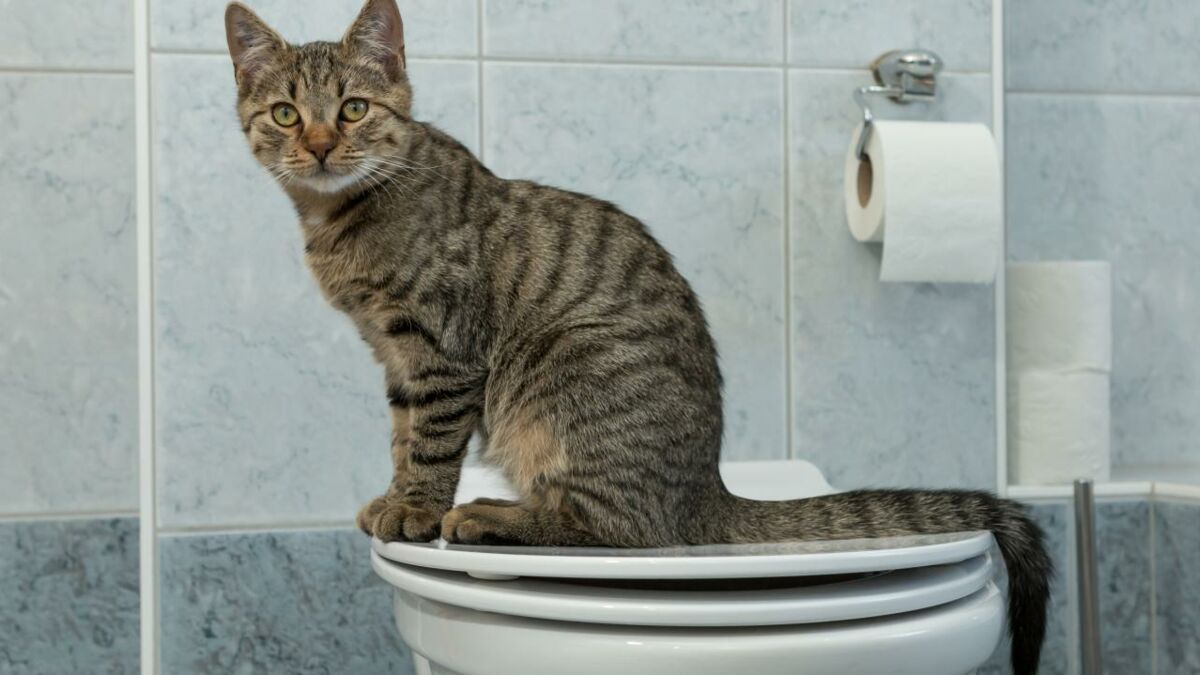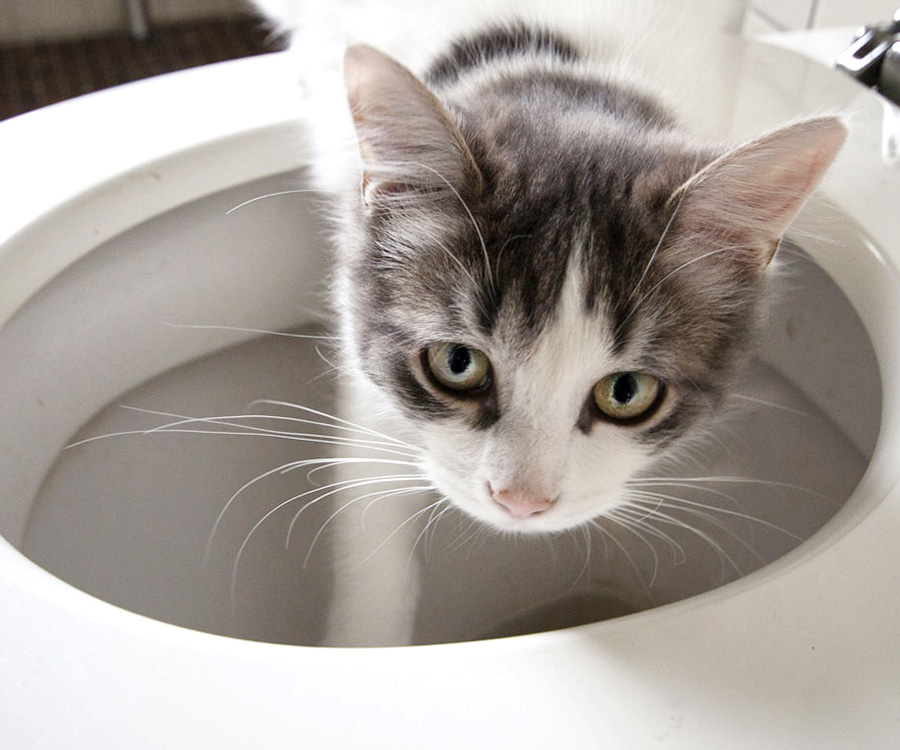This great article which follows about Don’t flush cat feces down the toilet is pretty much entertaining. Try it and draw your own personal assumptions.

Introduction
As feline proprietors, it's vital to be mindful of how we throw away our feline friends' waste. While it may seem convenient to flush cat poop down the toilet, this practice can have damaging effects for both the setting and human health and wellness.
Ecological Impact
Purging feline poop introduces dangerous microorganisms and bloodsuckers into the supply of water, positioning a significant risk to aquatic environments. These pollutants can negatively impact aquatic life and concession water top quality.
Wellness Risks
In addition to ecological worries, purging pet cat waste can likewise position wellness dangers to humans. Cat feces may have Toxoplasma gondii, a bloodsucker that can trigger toxoplasmosis-- a potentially extreme ailment, especially for expecting ladies and people with damaged body immune systems.
Alternatives to Flushing
Fortunately, there are much safer and extra responsible means to get rid of pet cat poop. Take into consideration the adhering to choices:
1. Scoop and Dispose in Trash
One of the most usual approach of taking care of pet cat poop is to scoop it right into a naturally degradable bag and toss it in the trash. Be sure to utilize a dedicated litter inside story and deal with the waste without delay.
2. Usage Biodegradable Litter
Choose eco-friendly cat clutter made from products such as corn or wheat. These trashes are eco-friendly and can be safely disposed of in the garbage.
3. Bury in the Yard
If you have a lawn, consider hiding cat waste in an assigned location far from veggie gardens and water resources. Make sure to dig deep sufficient to stop contamination of groundwater.
4. Mount a Pet Waste Disposal System
Buy an animal garbage disposal system specifically designed for feline waste. These systems make use of enzymes to break down the waste, decreasing odor and environmental effect.
Conclusion
Accountable pet dog ownership extends past giving food and sanctuary-- it likewise includes appropriate waste management. By avoiding purging pet cat poop down the bathroom and selecting alternate disposal approaches, we can decrease our ecological footprint and protect human wellness.
Why Can’t I Flush Cat Poop?
It Spreads a Parasite
Cats are frequently infected with a parasite called toxoplasma gondii. The parasite causes an infection called toxoplasmosis. It is usually harmless to cats. The parasite only uses cat poop as a host for its eggs. Otherwise, the cat’s immune system usually keeps the infection at low enough levels to maintain its own health. But it does not stop the develop of eggs. These eggs are tiny and surprisingly tough. They may survive for a year before they begin to grow. But that’s the problem.
Our wastewater system is not designed to deal with toxoplasmosis eggs. Instead, most eggs will flush from your toilet into sewers and wastewater management plants. After the sewage is treated for many other harmful things in it, it is typically released into local rivers, lakes, or oceans. Here, the toxoplasmosis eggs can find new hosts, including starfish, crabs, otters, and many other wildlife. For many, this is a significant risk to their health. Toxoplasmosis can also end up infecting water sources that are important for agriculture, which means our deer, pigs, and sheep can get infected too.
Is There Risk to Humans?
There can be a risk to human life from flushing cat poop down the toilet. If you do so, the parasites from your cat’s poop can end up in shellfish, game animals, or livestock. If this meat is then served raw or undercooked, the people who eat it can get sick.
In fact, according to the CDC, 40 million people in the United States are infected with toxoplasma gondii. They get it from exposure to infected seafood, or from some kind of cat poop contamination, like drinking from a stream that is contaminated or touching anything that has come into contact with cat poop. That includes just cleaning a cat litter box.
Most people who get infected with these parasites will not develop any symptoms. However, for pregnant women or for those with compromised immune systems, the parasite can cause severe health problems.
How to Handle Cat Poop
The best way to handle cat poop is actually to clean the box more often. The eggs that the parasite sheds will not become active until one to five days after the cat poops. That means that if you clean daily, you’re much less likely to come into direct contact with infectious eggs.
That said, always dispose of cat poop in the garbage and not down the toilet. Wash your hands before and after you clean the litter box, and bring the bag of poop right outside to your garbage bins.
https://trenchlesssolutionsusa.com/why-cant-i-flush-cat-poop/

Do you enjoy more info about Don’t flush cat feces down the toilet? Put feedback directly below. We'd be interested to listen to your opinion about this write up. In hopes that you visit us again soon. Are you aware of another individual who is fascinated about Don’t flush cat feces down the toilet? Why not share it. Thank you for your time. Please come by our blog back soon.
Call Today